Exploring Somalia: Essential Things to Know Before You Go
Introduction
Traveling to Somalia, a country known for its historical sites and stunning natural beauty, is an adventure like no other. While Somalia has faced political and security challenges in recent years, the situation is gradually improving, making it an increasingly popular destination among intrepid travelers. If you’re planning a trip to Somalia, here are some essential things you need to know before you go.
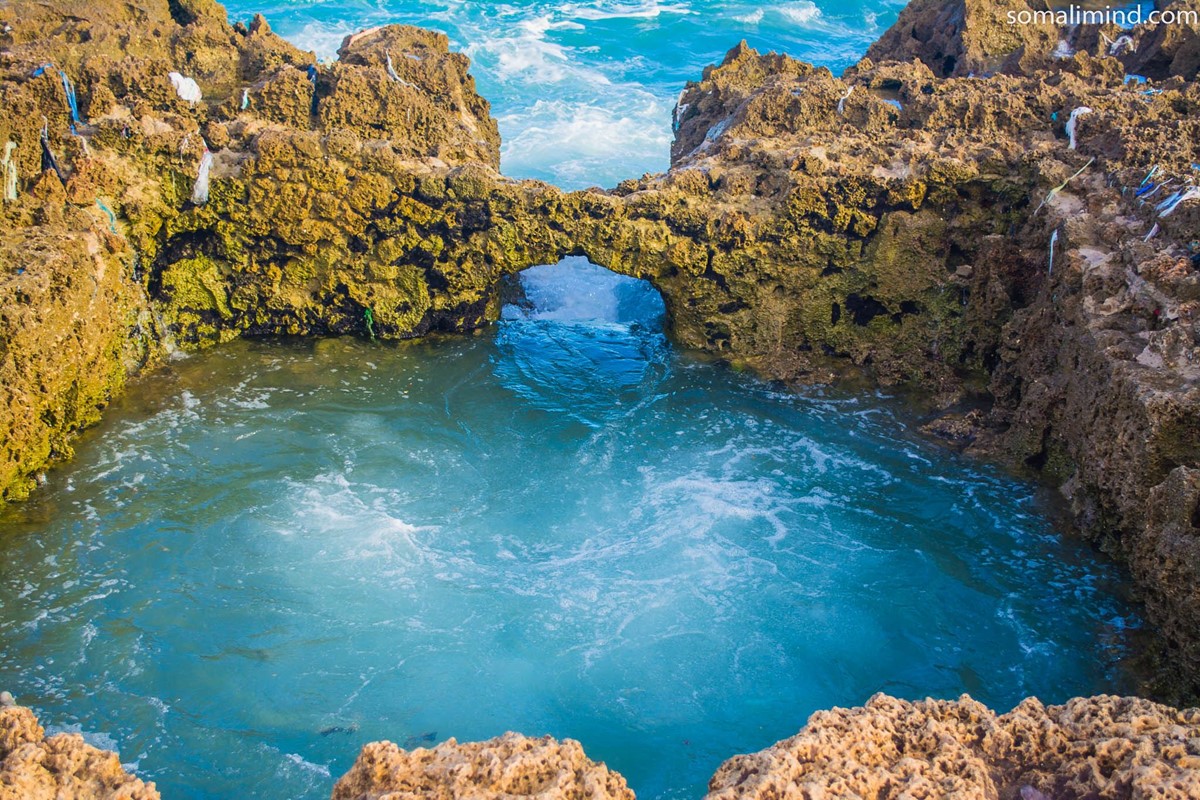
Safety and Security
Safety should be your utmost priority when traveling to Somalia. Stay updated on the current situation and consult travel advisories from your home country. It is recommended to avoid certain regions affected by conflict or political unrest. Always register with your embassy upon arrival and consider hiring a local guide who can provide valuable insights about the safest areas to explore.
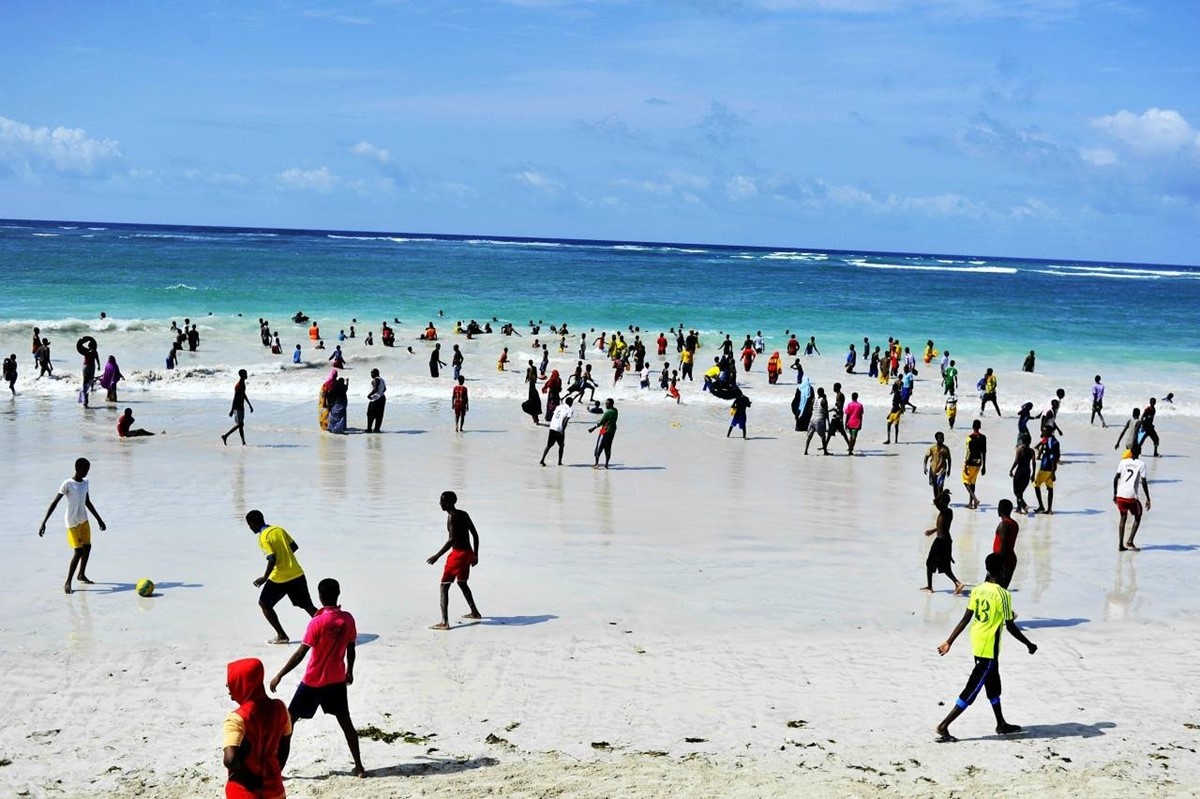
Visa and Documentation
Before visiting Somalia, ensure that you have obtained the correct visa. Somali visas are typically obtained from Somali embassies or consulates prior to your departure. Make sure your passport is valid for at least six months beyond your travel dates. Carry a copy of important travel documents, such as your passport and insurance, while keeping the originals secure.
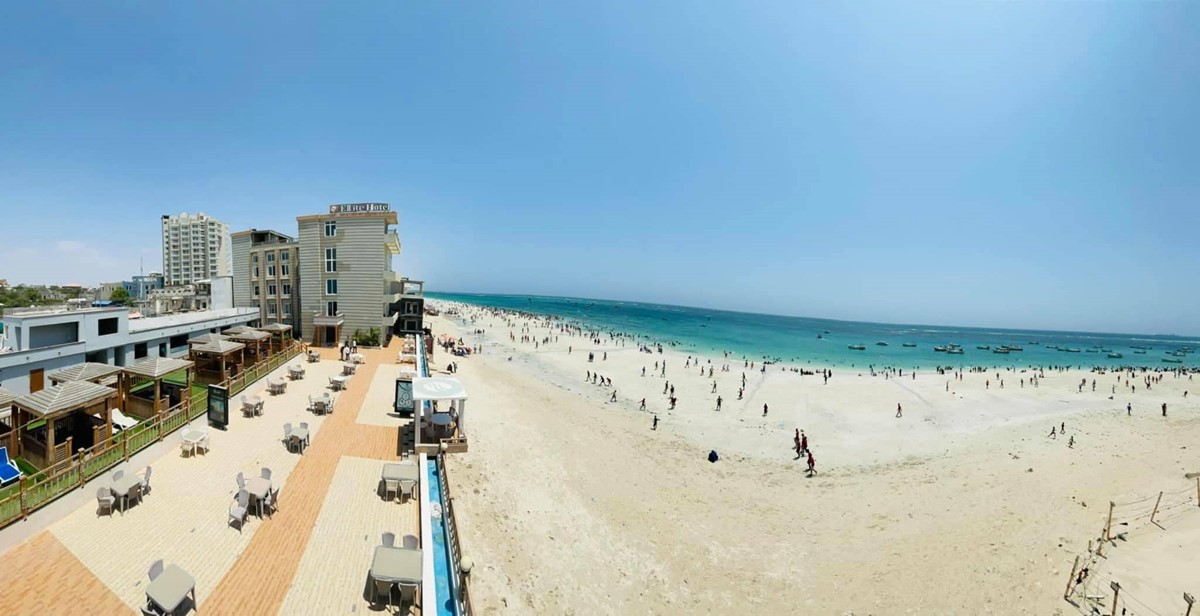
Health and Vaccinations
Prior to traveling to Somalia, consult with a healthcare professional to receive up-to-date advice on necessary vaccinations and health precautions. Vaccines for diseases like hepatitis, typhoid, diphtheria, and tetanus are commonly recommended. Additionally, consider purchasing comprehensive travel insurance that covers emergency medical treatment in case of any unforeseen circumstances.
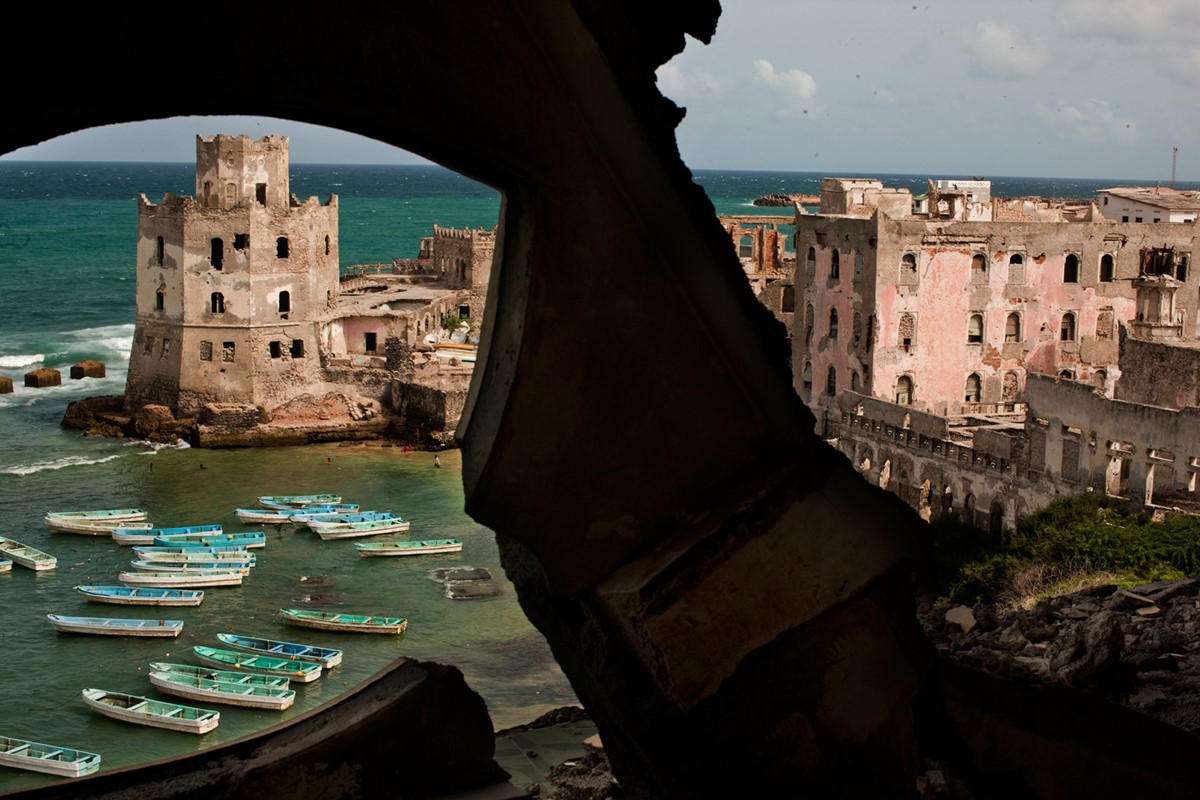
Language and Communication
The official languages of Somalia are Somali and Arabic. While English is not widely spoken, especially in rural areas, you can find people in tourist hubs or larger cities who speak some English. Learning a few basic Somali phrases and carrying a phrasebook may be helpful for better communication and cultural immersion.
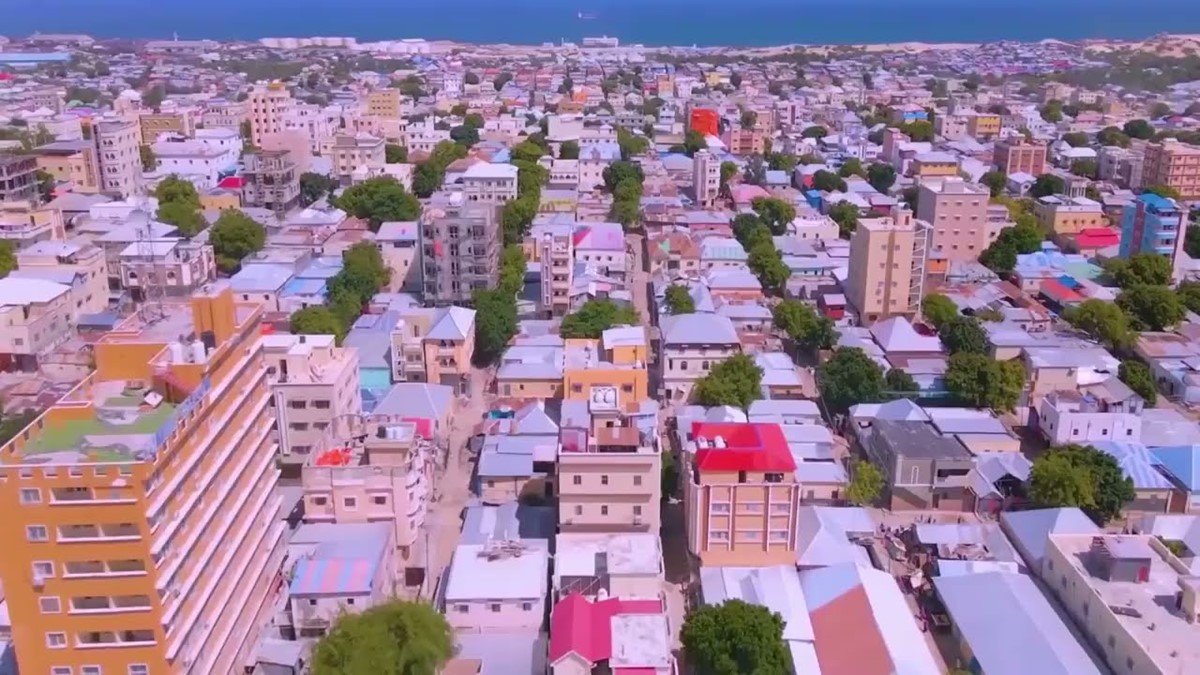
Cultural Etiquette
Somalia is a predominantly Muslim country, and it is crucial to respect local customs and traditions. Dress modestly, especially when visiting religious sites or rural areas. As a sign of respect, it is customary to remove your shoes before entering someone’s home. Additionally, avoid public displays of affection, as it is considered inappropriate.
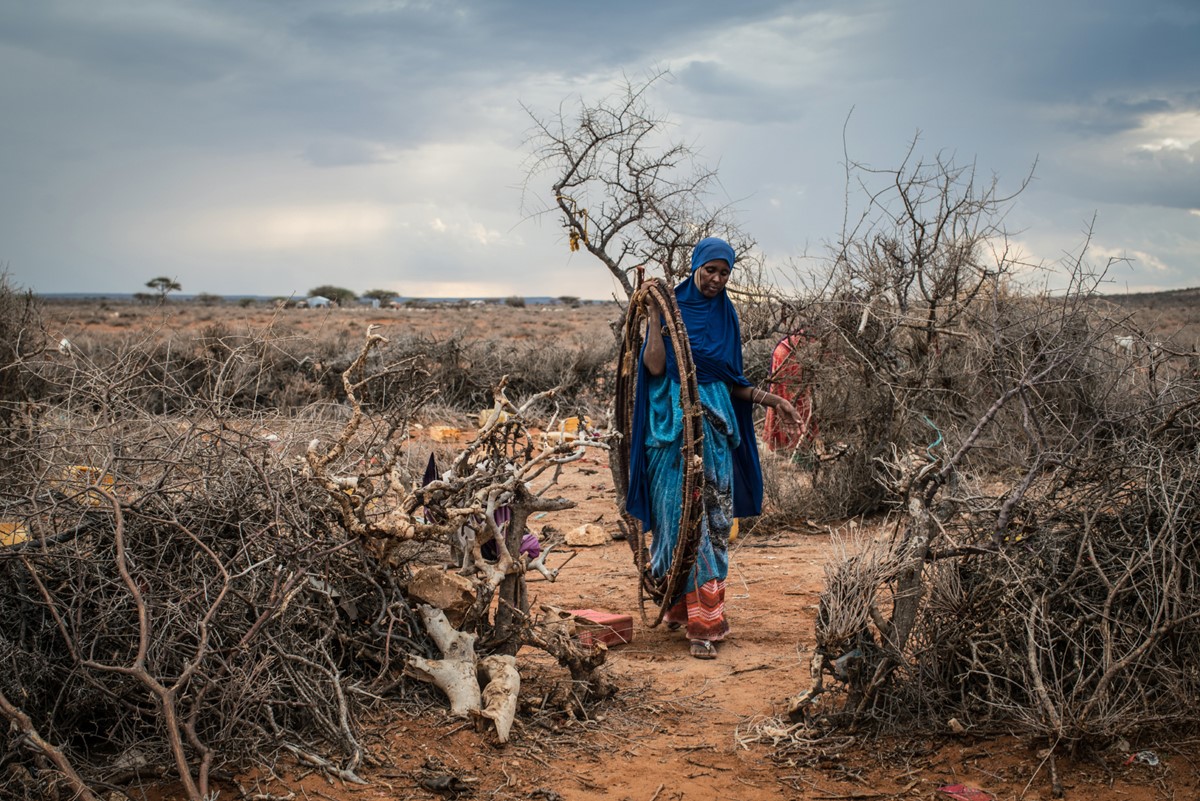
Local Customs and Traditions
Somalia showcases a rich cultural heritage, and embracing local traditions can enhance your travel experience. Somali cuisine, mostly centered around rice, pasta, camel meat, and spices, is worth exploring. Somali tea, also known as “shaah,” is a popular beverage that you must try. Engaging with locals, listening to traditional music, and attending festivals can provide unique insights into the local way of life.
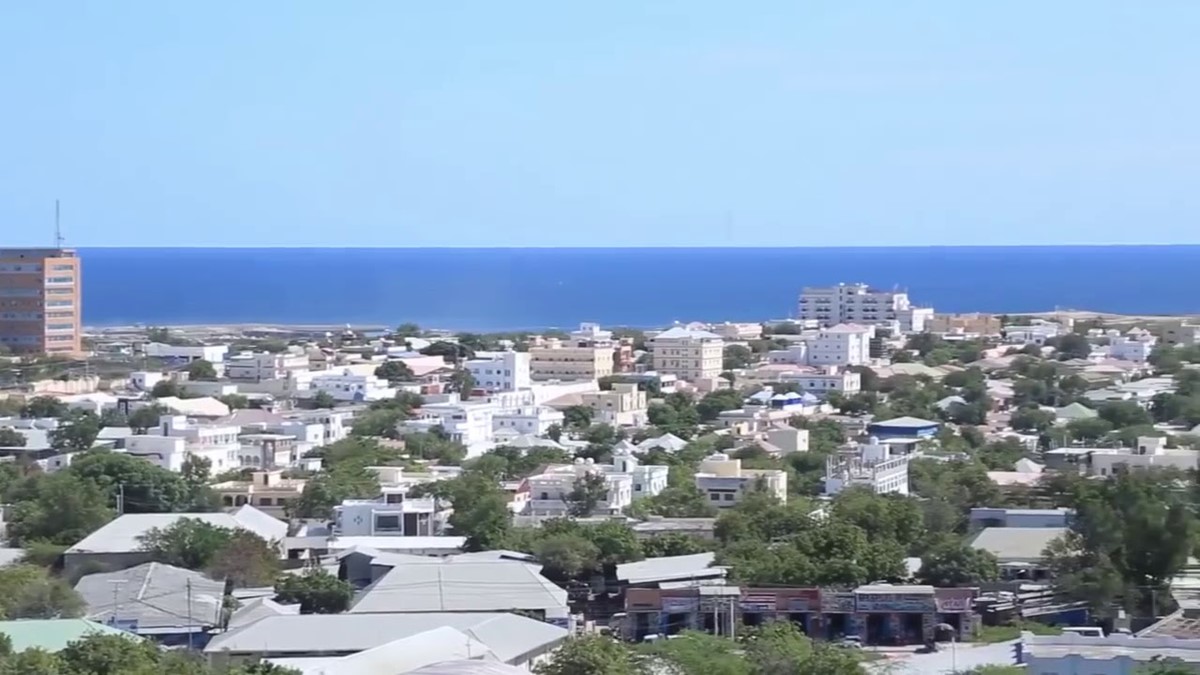
Transportation and Infrastructure
Transportation options in Somalia are diverse, including taxis, buses, and domestic flights. However, roads can be challenging, especially outside major cities, so it’s best to hire a trustworthy local driver or use reputable transportation services. Electricity can be intermittent in some regions, so carrying a power bank and spare batteries can be useful.
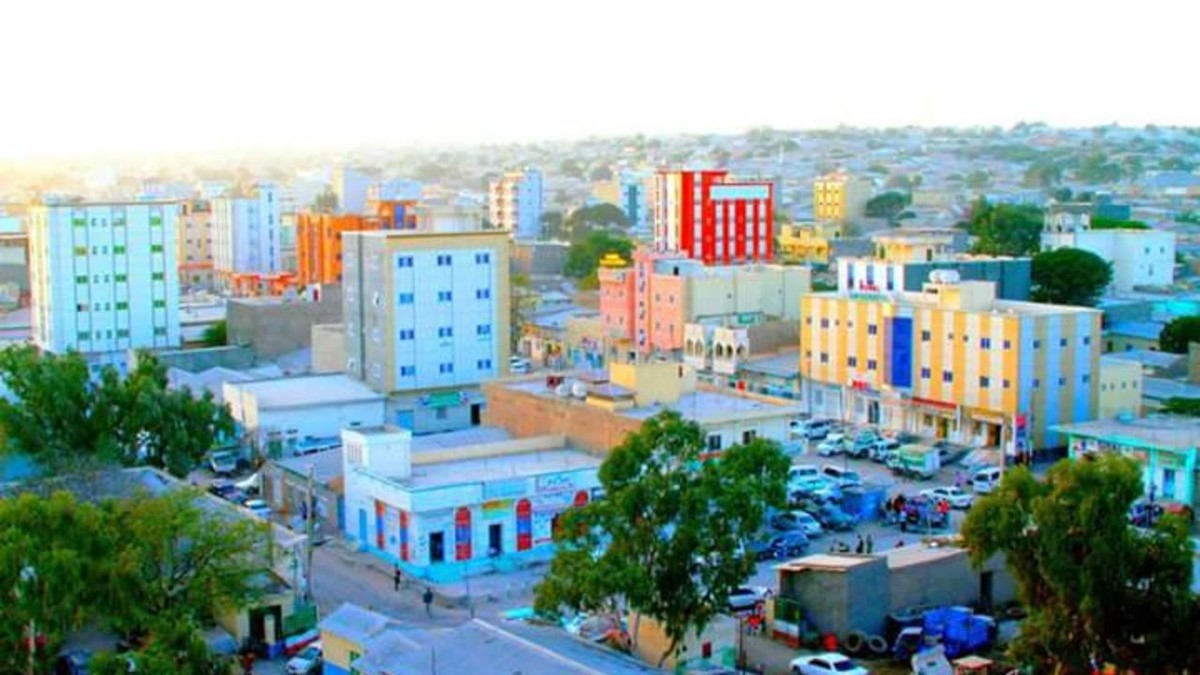
Conclusion
Visiting Somalia can offer an unforgettable journey, filled with breathtaking landscapes, vibrant culture, and warm hospitality. By prioritizing safety, respecting local customs, and adequately preparing for your trip, you can ensure a smooth and rewarding experience. Keep in mind the information above, stay informed about the current situation, and plan your adventure wisely to make the most of your time in this fascinating country.

